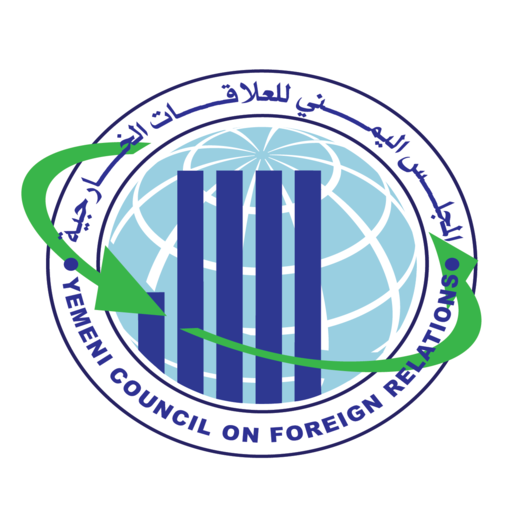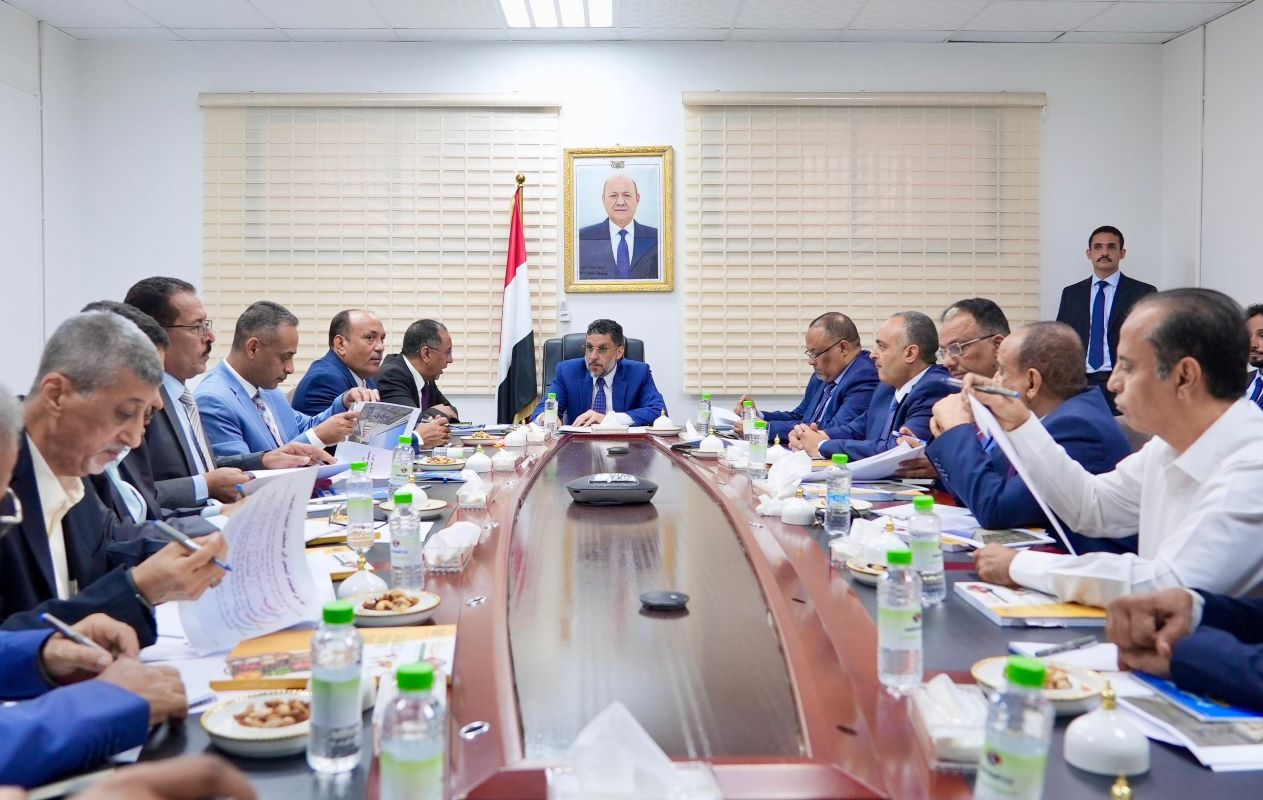Source: Office of the Prime Minister
On Thursday, in the temporary capital Aden, Prime Minister Dr. Ahmed Awad bin Mubarak chaired a meeting of the National Committee for Trade Facilitation. During the meeting, plans to update its operations and mechanisms were discussed within a broader vision to improve the business environment and enhance partnership with the private sector, in addition to ensuring the smooth flow of commercial imports into Yemen.
The meeting, attended by the Minister of Industry and Trade and Chairman of the Committee, Mohammed Al-Ashwal, reviewed the committee’s achievements since its inception, its future responsibilities in developing a national strategy for trade facilitation, overseeing the implementation of related reforms, contributing to the improvement of the business environment, and providing opinions on legal and regulatory legislation governing commercial activities, along with offering recommendations.
The committee, which includes the Deputy Minister of Finance, deputy ministers, heads of relevant governmental bodies, along with representatives from the General Union of Chambers of Commerce, the Customs Clearance Union, and shipping and freight companies, discussed expanding its scope and duties to accommodate new government orientations aimed at transforming the partnership between the government and the private sector, implementing key reforms and priorities, and adhering to international commitments, especially those related to the World Trade Organization, of which Yemen is a member, to leverage the benefits provided by the agreement in line with current circumstances.
Prime Minister bin Mubarak reiterated the importance of turning the partnership between the government and the private sector into a tangible reality following a new path, creating an attractive investment environment not only in trade but across various infrastructures and services. He highlighted the critical role of the National Committee for Trade Facilitation in strengthening partnership frameworks, addressing the challenging commercial and economic issues, correcting imbalances in the performance and operations of ministries, institutions, and relevant government entities, and establishing a joint strategic dialogue.
He stated, “Bringing together all government bodies and private sector representatives in one committee is an important step to discuss problems, find solutions, present important initiatives, and propose ideas to overcome difficulties, with the aim of facilitating trade, ensuring the safety of supply chains and food security, controlling performance, and thinking collectively and responsibly to identify existing issues whether in administrative, legislative aspects or otherwise, and address them.”
The Prime Minister also touched on recent regional and international changes, emphasizing the importance of preparing for various impacts and developing mechanisms to adapt to tough challenges. He pointed out the committee’s expected role in proposing solutions and aiding the government in ideas to enhance developmental partnerships with countries and organizations. He highlighted the path of economic, financial, administrative reforms, and anti-corruption efforts the government is working on, which are no longer a luxury but a necessary step to halt deterioration.
Committee members from both government and private sectors affirmed their commitment to the directives of the Prime Minister, transforming them into a working methodology for the committee in the upcoming period, indicating what the committee can achieve in light of the new directives to facilitate trade and enhance partnership with the private sector, thereby alleviating living burdens on citizens.

